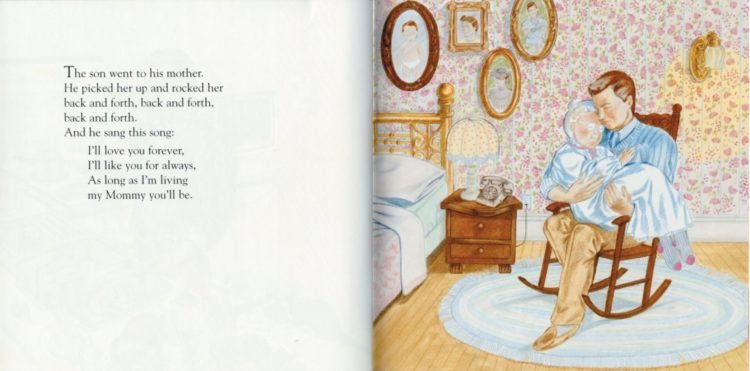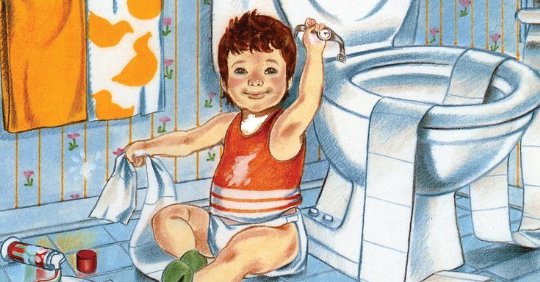Most of us have read the iconic children’s book “Love You Forever” by Robert Munsch. Love it or hate it, it’s a book that most of us either grew up with or read to our children.
But do you know the heartbreaking and beautiful true story behind the story?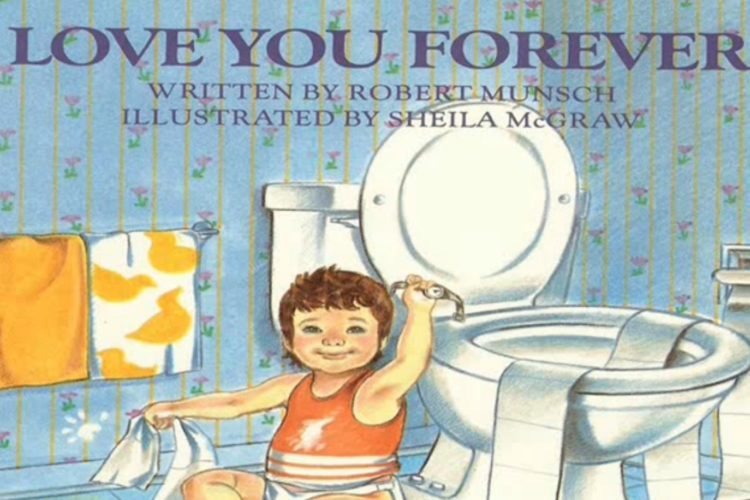
Munsch, a children’s book author, came up with the book’s most famous lines (“I’ll love you forever, I’ll like you for always, as long as you’re living, my baby you’ll be”) as a way to privately grieve the loss of two of his children.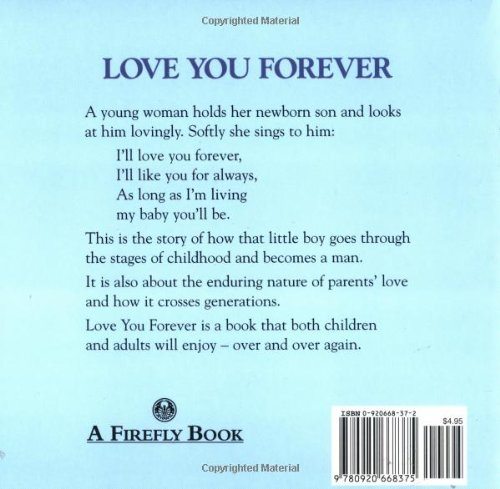
is wife delivered two stillborn babies within a short succession, and the overwhelming sorrow felt unbearable to Munsch. As a way to cope with his feelings, he created this private poem that he would say aloud to himself, saying that it was his “way of crying.”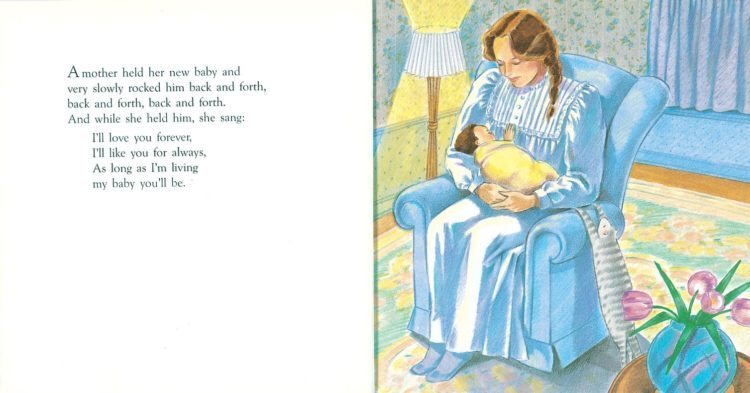
Munsch kept the song private from even his wife, saying it silently to himself whenever he felt the grief overpowering him. Finally, an idea for a story formed behind the refrain, and he wrote the now-famous children’s classic “Love You Forever.“
As if the story wasn’t heart-wringing enough—a mother watches her son grow from infancy to adulthood, when he becomes a parent himself. Meanwhile, she grows old and frail, and the roles reverse as the son cares for his mother the way she once did for him—the backstory behind the book’s creation makes it even more powerful. It is a beautiful tribute to the two children that Munsch and his wife lost, and it’s a timeless refrain that has made parents everywhere cry as they read it to their own kids.
There is no loss on Earth like losing one’s child, but by putting his grief to pen, Munsch has been able to bring comfort and peace to so many parents and children. Indeed, many people read “Love You Forever” aloud at funerals, and some have even chosen to bury their parents with their beloved copies of the book.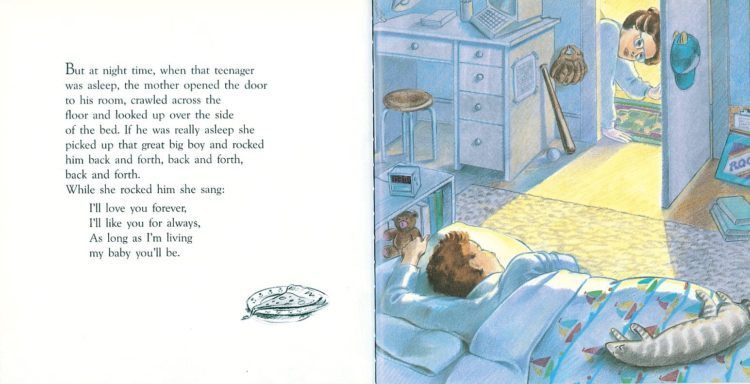
Perhaps the reason why the book has become such a touchstone for so many people is not just because of Munsch’s talent, but because the lines came from such an honest place—a place of beauty, pain and deep, enduring love. No wonder it has become a fixture in so many people’s nurseries.
What about you? Do you have any special memories of this classic book?